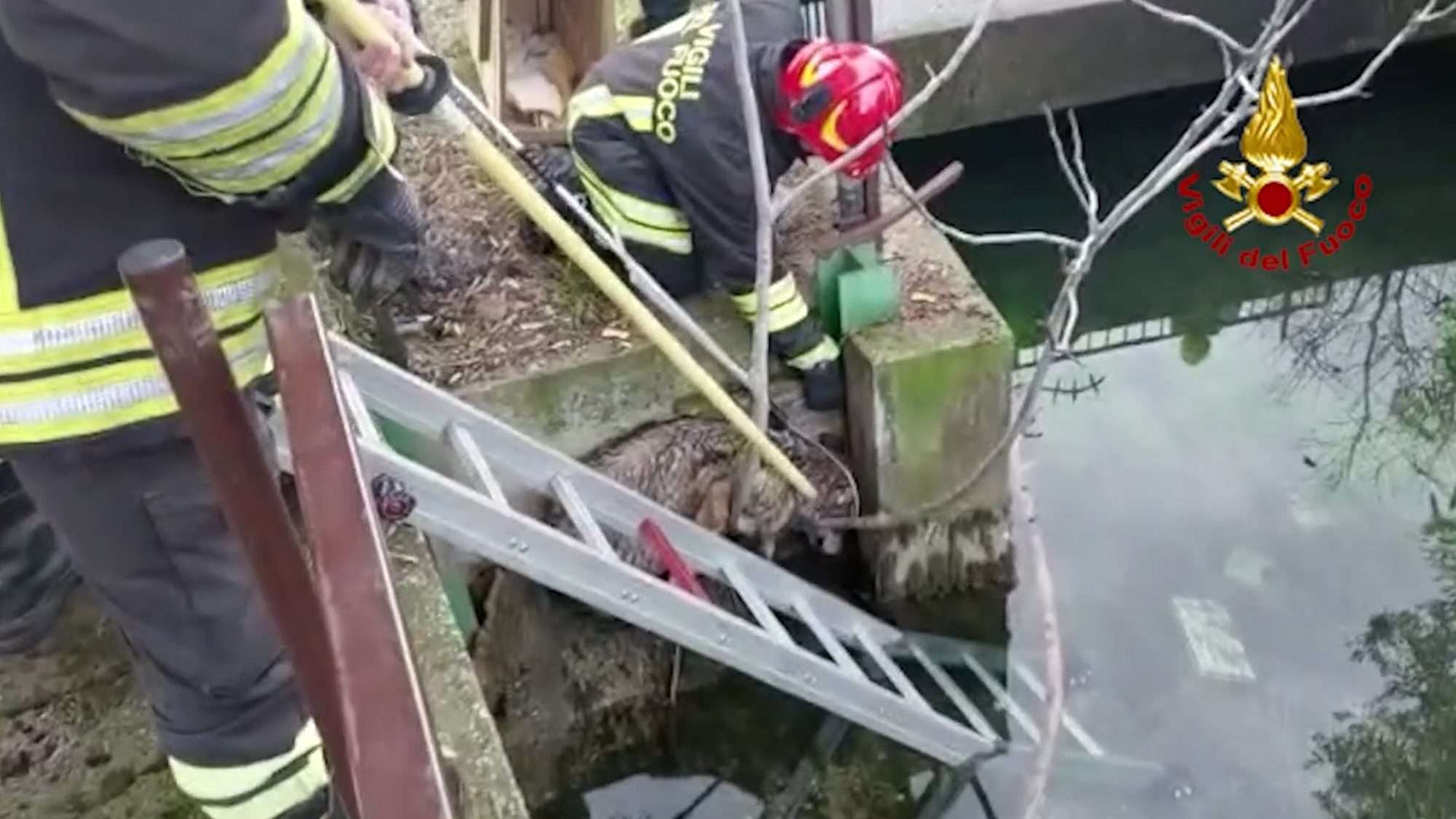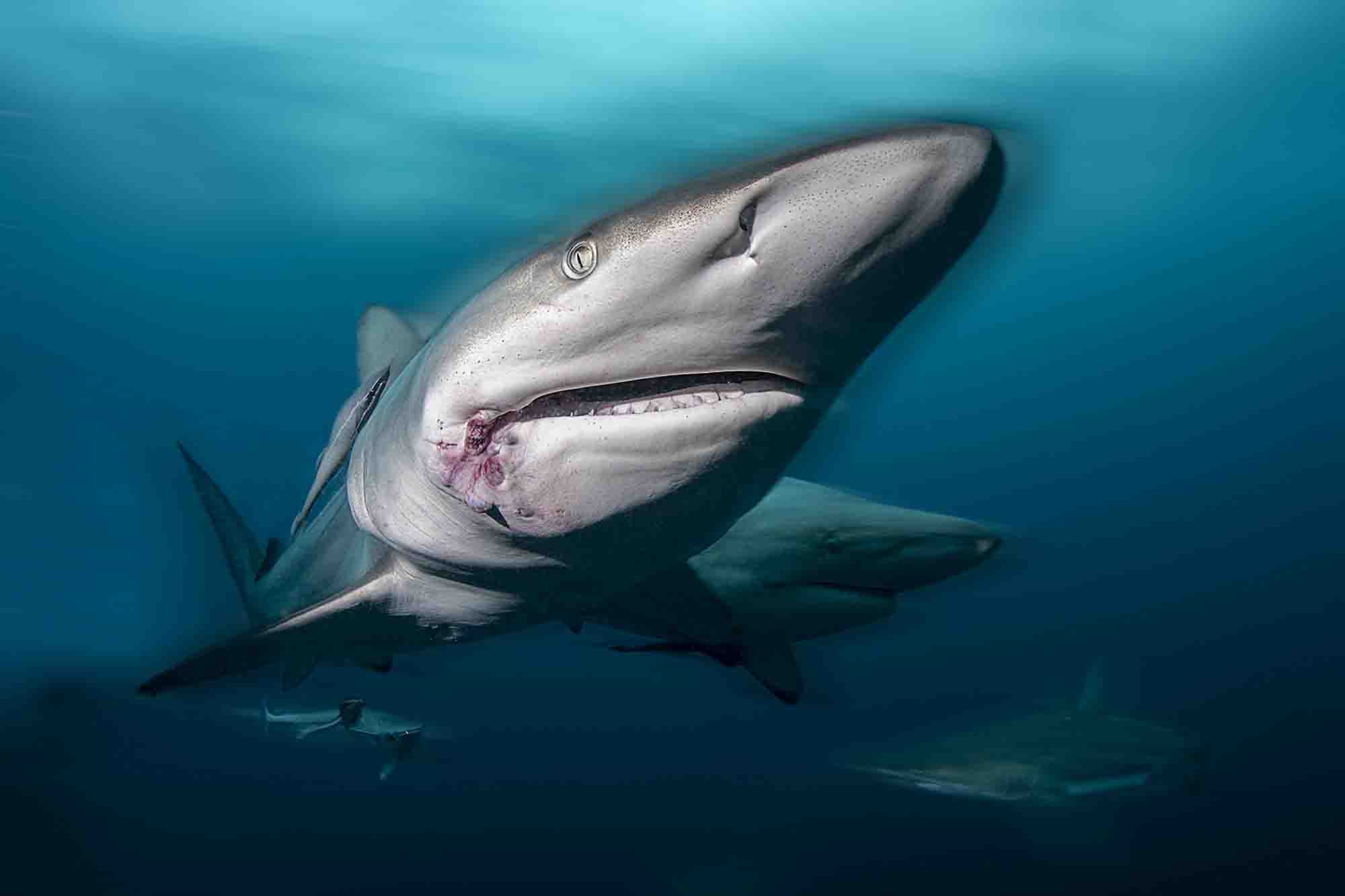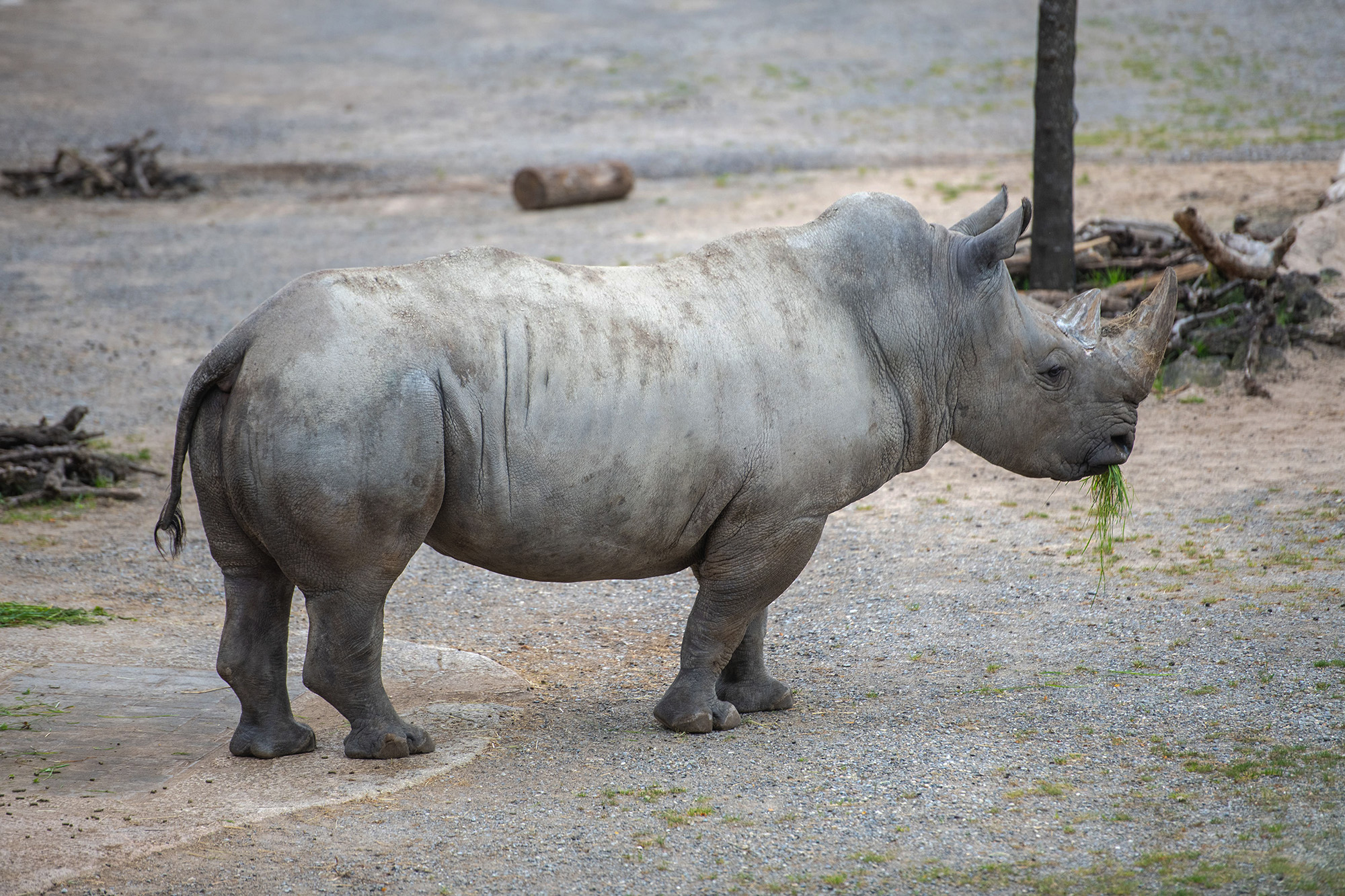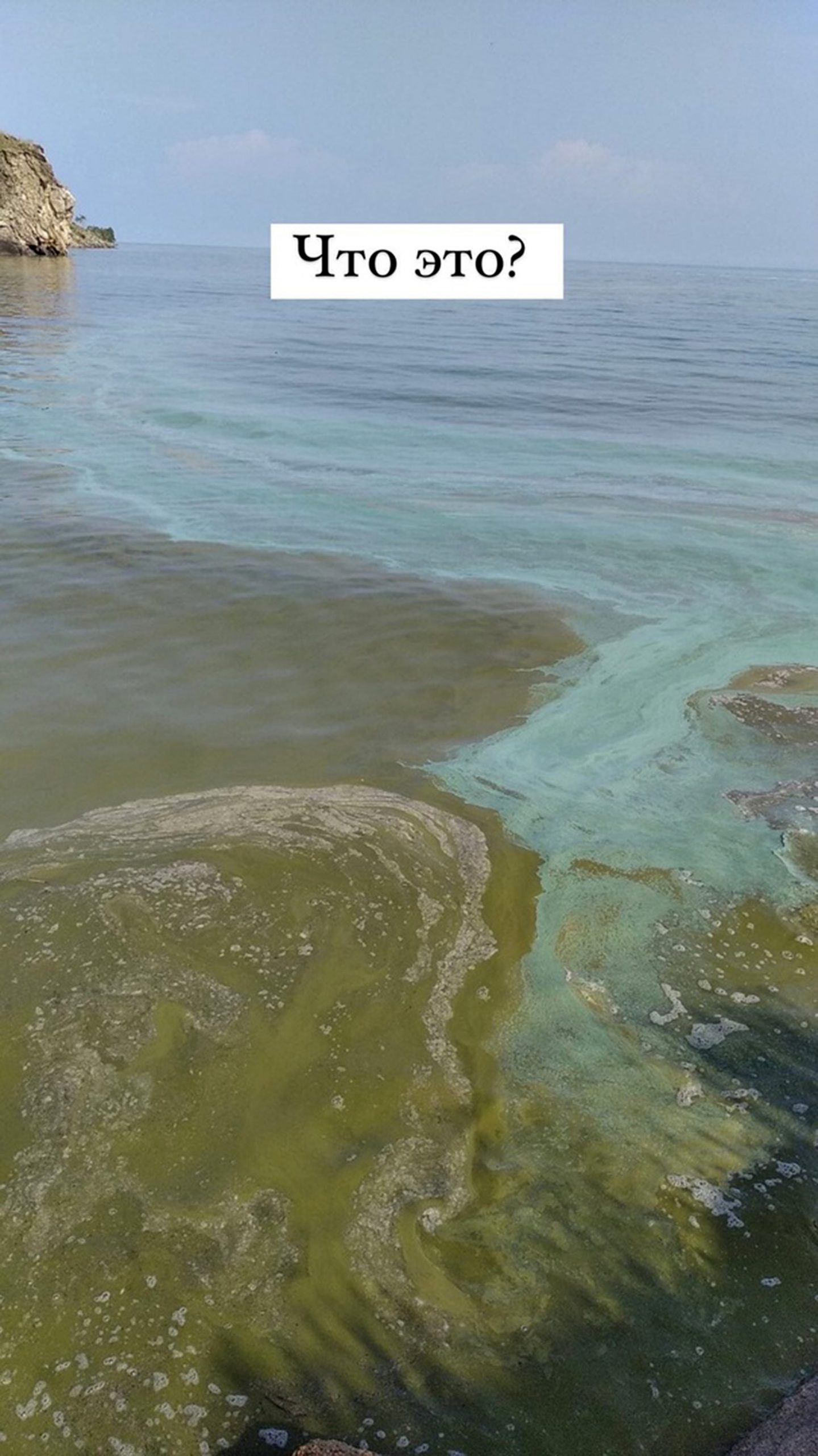Project scientists have found out that a third of the plastic waste that reaches the Arctic can be traced back to countries outside of it.
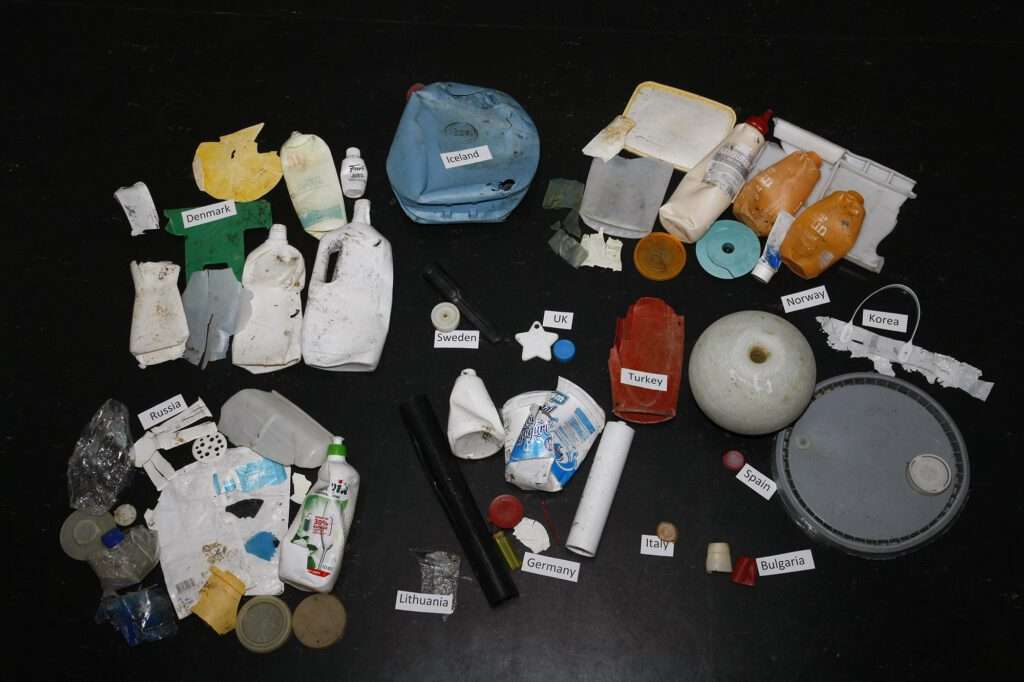
The five-year-long project led by the Alfred Wegener Institute from the city of Bremerhaven, in Germany, gave citizens who went on sailing cruises a chance to collect plastic debris from 14 remote Arctic beaches on Spitsbergen, Svalbard archipelago, in Norway.
Participating tourists reportedly collected a total of 23,000 items of thrash with a combined weight of 1,620 kilogrammes (3,571 pounds) from 2016 to 2021.
AWI researcher Dr Melanie Bergmann said in a statement obtained by Newsflash: “In 2016 we began working with citizens to investigate the composition of plastic debris on Arctic shores.
“We’ve now gone a step further and investigated where the debris that had still marks, labels or imprints came from.”
First author of the study and AWI researcher Anna Natalie Meyer added: “Our analysis found that, at 80 per cent, the clear majority was plastic debris.”
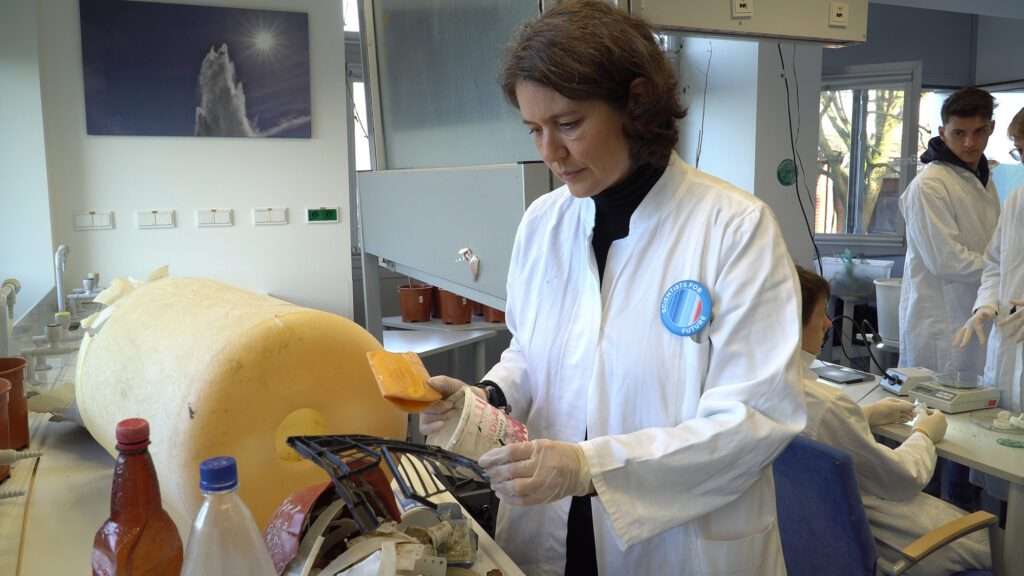
Results confirmed what previous research and computer models had suggested, that plastic pollution comes to the Arctic from both local and remote sources.
Meyer said: “Locally, plastic debris finds its way to the ocean from ships and from Arctic communities with poor waste management systems.
“As for remote sources, plastic debris and microplastic are transported to the Arctic Ocean from the Atlantic, North Sea and North Pacific by various rivers and ocean currents.”
By analysing the waste labels and imprints, the researchers identified trash from sources as far as Brazil, China and the USA.
Additionally due to the geographic proximity, Russia and Norway were found to contribute to the two largest shares of debris with 32 per cent and 16 per cent respectively.
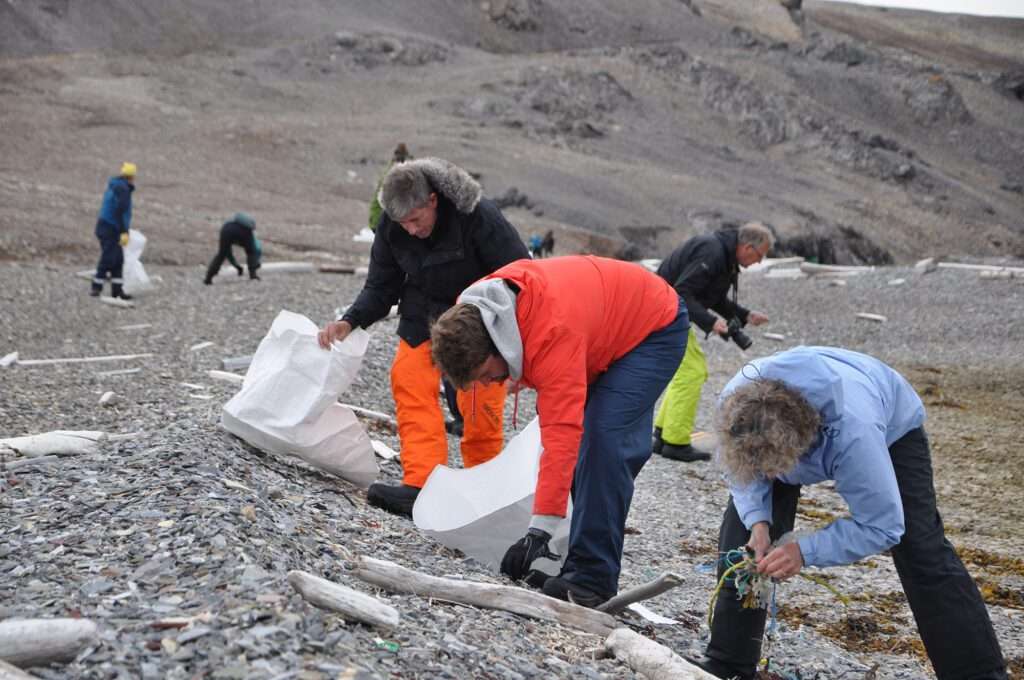
The third largest contributor was reportedly Germany with eight per cent.
Bergmann said: “Considering that Germany is the ‘European champ’ in terms of both plastic production and debris exports, this comparatively high percentage isn’t so surprising.”
Comparison to previous data showed that the majority of waste accumulated on the Arctic shores, which the researchers believe poses an additional challenge for all Arctic ecosystems.
Bergman said: “Our results highlight that even prosperous industrialised countries, which can afford better waste management, make significant contributions to the pollution of remote ecosystems like the Arctic.
“Accordingly, in order to tackle the problem effectively, not only does local waste management – especially on ships and in fisheries – need to be improved.
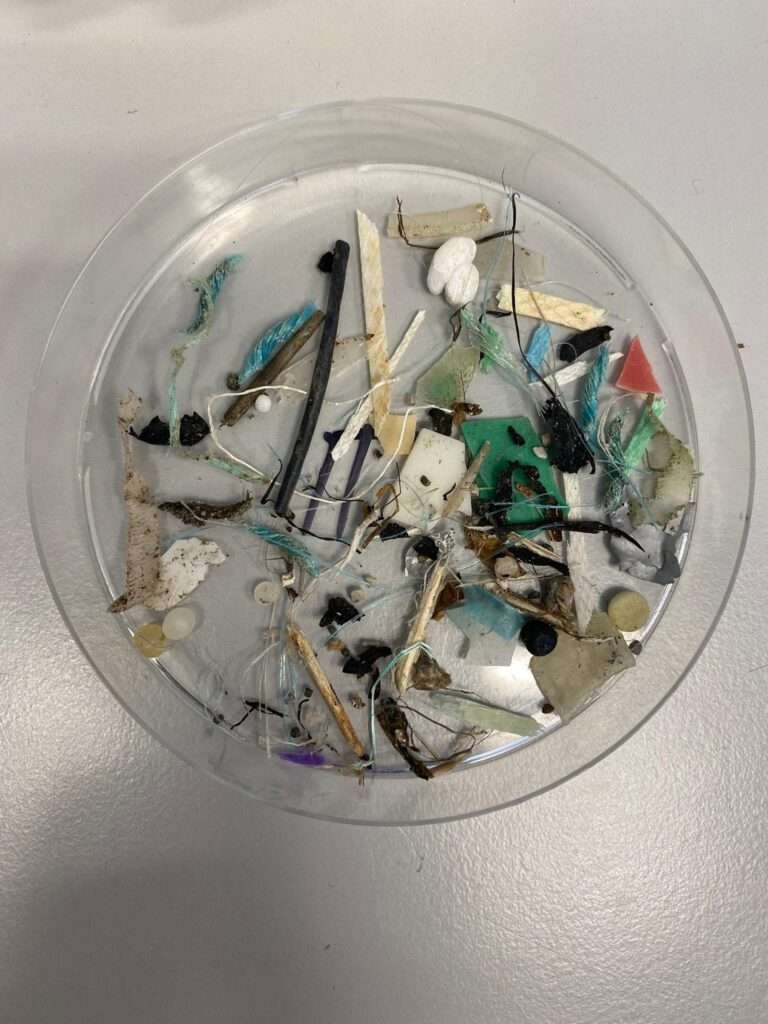
“It’s equally important that global plastic production be massively reduced, especially in the industrialised countries of Europe, North America and Asia, since roughly 11 per cent of the global plastic production finds its way into our waterways.
“This underscores once again the urgent need for an ambitious and legally binding UN Plastics Treaty, which is currently being negotiated and due to enter into force in 2024,” Bergman added.
The study was published in the peer-reviewed, open-access journal ‘Frontiers’ on Tuesday, 7th February 2023.

